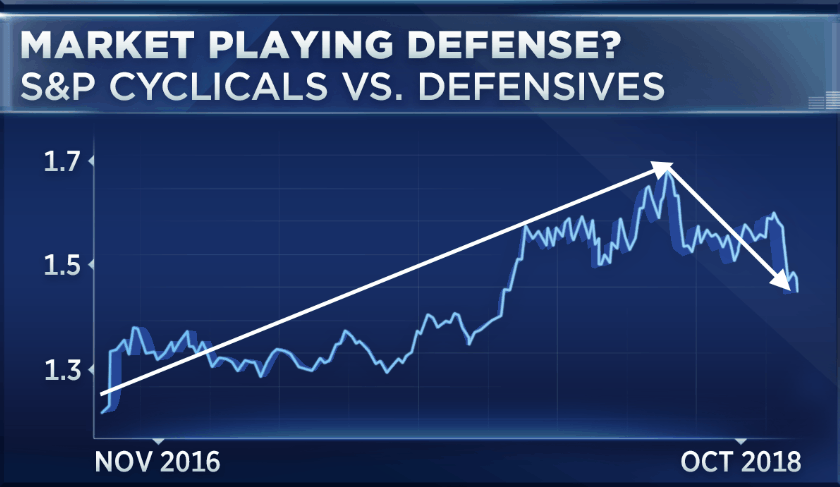
There’s a reason 62 is a popular age for people to leave the workforce for good. Age 62 is the earliest age to sign up for Social Security. And it also happens to be the most popular age to claim benefits.
It’s easy to see why retiring at 62 sounds appealing. At that age, you may be young and healthy enough to enjoy things like travel, but you’re also not leaving the workforce at such a young age that you can’t yet access the money you have saved in your IRA or 401(k) plan. But before you make that leap and retire at 62, consider these two drawbacks.
1. You’ll slash your Social Security income for life if you claim benefits right away
You’re entitled to your full monthly Social Security benefit based on your personal income history once you reach full retirement age, or FRA. Now, FRA isn’t the same for everyone. Rather, it’s based on when you were born.
But the earliest FRA kicks in is 66 for those born in 1954 or earlier, and for those born in 1960 or later, it’s 67. For those born in between 1954 and 1960, FRA is 66 and a specific number of months.
As mentioned, you’re allowed to sign up for Social Security beginning at age 62. But doing so will slash your benefits by 25% to 30%, depending on your FRA. And that reduction will remain in effect for the rest of your retirement.
If you’re sitting on a truly giant nest egg — one worth millions — then a lower Social Security benefit may not be a problem. But even a respectable nest egg worth $500,000 to $1 million could get depleted before you know it, especially if the stock market underperforms or you end up living a longer life than anticipated.
The great thing about Social Security is that it’s set up to pay you benefits for life. And so the higher those benefits are, the more financial stability you’ll buy yourself as you age — which is why claiming benefits at 62 is often a mistake.
Of course, retiring at 62 doesn’t automatically mean filing for Social Security at 62. But if that’s your plan, you may want to reconsider.
2. You’ll have to figure out healthcare
Many seniors sign up for Medicare at or around age 65, which is when eligibility kicks in. But if you decide to retire at 62, you won’t be allowed to enroll in Medicare for years. That means you’ll need to cover the cost of health insurance out of pocket, and that could prove expensive.
Even if you’re able to sign up for COBRA and retain your employer’s plan, COBRA is only supposed to last 18 months. So if you’re retiring at 62, you’ll still have a gap between when that coverage runs out and when Medicare eligibility begins.
Plus, COBRA is far from a bargain. In many cases, it’s even more expensive than buying a plan through healthcare.gov.
Should you retire at 62?
Retiring at 62 isn’t automatically a bad idea. But before you make that call, run the numbers and make sure you can afford to leave the workforce that early. And also make sure you understand the pitfalls of going that route, like potentially slashing your Social Security benefits and having to scramble for health coverage for several years.
























